
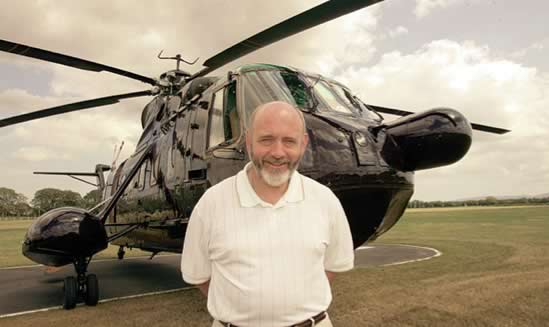
According to Revenue’s definitions, an amusement machine is one that allows players to win “no more than an opportunity to play again” or “to obtain a non-monetary prize” the value of which does not exceed €7.

Once this has been said, various properties in the Dublin city center feature casino-style gaming machines, although are supposed to be amusement site and gambling type machines are banned from being featured in the city.
However, in Dublin there are three proved establishment where this happens Dr Quirkey´s on O’Connell Street, Empire Amusements on Burgh Quay and Amusement City on Westmoreland Street.
The establishments had found a way to converted into a gambling facility with casino-style games such as video poker, roulette, and blackjack their facilities. Also, there were no age checks at the property to ensure that underage customers are prevented from playing the casino-style games featured there (READ SO: GAMBLING IN IRELAND PREPARING A RENOVATION IN THE LAW)
However, the Dr Quirkey´s is owned by one of the richest man from Ireland, Richard Quirke (pictured), he operates casinos with licenses from Ireland’s Revenue (Revenue Commissioners) that are actually only applicable to amusement machines.

I loved

I liked

I dont liked

A website for Geoff Banks Online, [www.geoffbanks.bet](http://www.geoffbanks.bet), a bookmaker, stated on 13 April 2024, “FOR THE MISSUS: Place a bet on the Aintree Grand National and get a free £10 bet on the Scottish Grand National”.
Further text stated, “Geoff Banks will award a £10 free bet for use on the Scottish Grand National if you wager on the Aintree Grand National. Minimum Qualifying Wager is £10 win or £5 each way.
Qualifying wager can win or lose. Bets placed prior to 3 pm on Saturday 13th April qualify for this offer. Previous free bet stakes awarded do not count as qualifying wagers. Free bet will be credited to your account by Saturday 20th of April.”
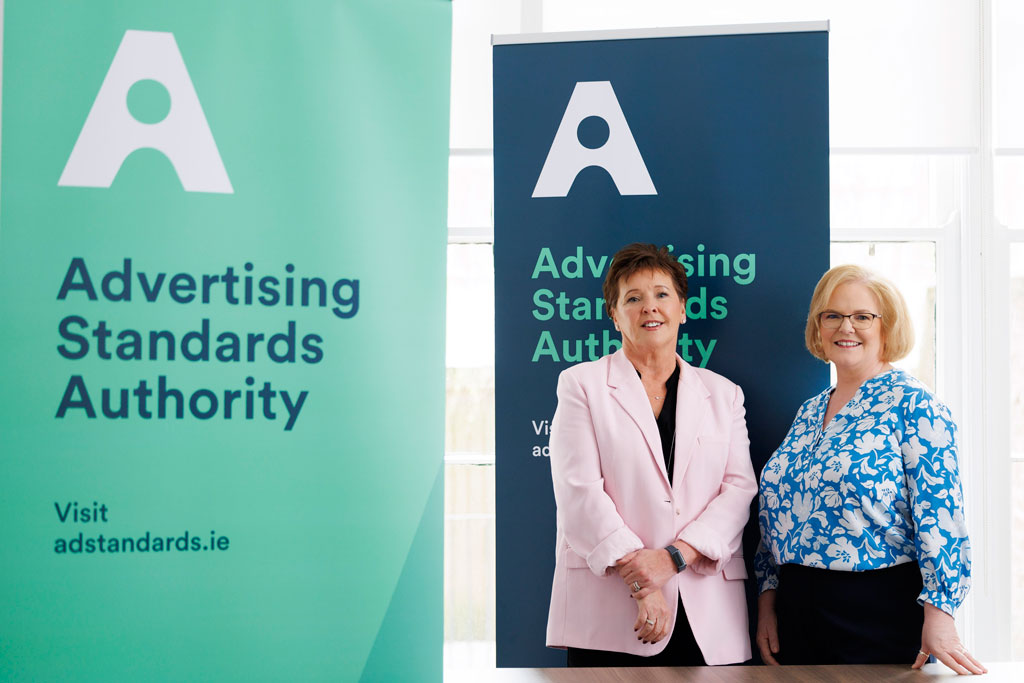
Issue
The complainant, who was unable to redeem the promotion, challenged whether the ad breached the Code because it omitted significant conditions of the promotion.
Response
GB Sports Advisors Ltd t/a Geoff Banks Online said they believed all significant conditions for the promotion were made clear in the terms of the original ad and in the text message sent to participants on 15 April 2024, which stated how to claim the free bet. They also said a follow-up email was sent on 17 April 2024 that further explained how to claim the free bet and detailed that the bet had to be placed by 5 pm on 19 April 2024. They said that, despite the complainant seeing the text message, they did not reply until the following day, after the promotion had ended. They also highlighted other entrants had followed all relevant entry criteria and had been credited with a £10 free bet.
They reiterated that the follow-up email, received by participants on 17 April 2024, included the closing date for the promotion, and so in their view, the complainant was not disadvantaged in entering the promotion.
Geoff Banks Online said they updated the ad on 19 April 2024 to include the closing date. Because they believed the information about how to claim the free bet was clear in the text message sent to entrants, they did not believe the ad was unclear or misleading.
Assessment
Upheld
The assessment highlights a breach of the CAP Code (Edition 12) by Geoff Banks Online regarding a promotion that lacked essential details, leading to potential consumer misunderstanding. Here’s a summary of the key points:
Breach of the CAP Code:
1. Significant Conditions Omission:
- The promotion failed to communicate all significant conditions, which is a requirement under the CAP Code.
- Specifically, it did not inform consumers about the necessity of replying to a text message by 5 pm on 19 April 2024 and placing the free bet by that date and time.
2. Consumer Misleading:
- The ad did not mention that a text message would be received or that it required a response within a specific timeframe.
- The closing date for placing the free bet was also omitted from the promotion.
3. Follow-up Communications:
- Although a follow-up email was sent to clarify the receipt of a text message and eligibility for a £10 free bet, it still did not specify the response deadline.
- The ad was updated a day before the promotion’s closing date to include the deadline for placing the free bet, but it did not mention the need to respond to a text message by a certain time and date.
- The omission of significant conditions in the ad was likely to mislead consumers about the promotion and their ability to participate.
- The promotion breached several CAP Code rules, specifically 8.2, 8.17, 8.17.1, 8.17.4, and 8.17.4.a.
Action:
- The advertisement in its complained form must not reappear.
- Geoff Banks Online is instructed to ensure that all significant conditions are clearly included in future promotions.
This assessment emphasizes the importance of providing clear and complete information in promotional marketing to avoid misleading consumers.

The games in Paris, set to start July 26, will be the first to take place since legal gambling became widespread in the U.S. The gaming industry expects an increase in wagering from the previous Summer Games in Tokyo, particularly for sports like men’s and women’s basketball, soccer and tennis.
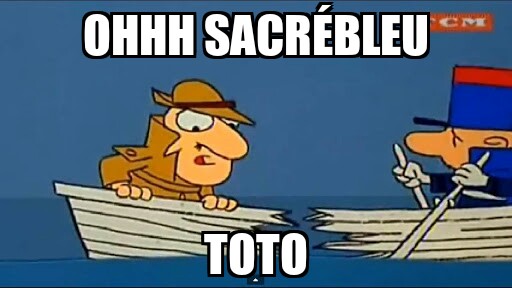
“The Olympics and gambling, for decades, have looked at each other from afar. This year we’ll see them meld together,” said Max Bichsel, North America executive vice president at Gambling.com Group, a digital marketing company for the global online gambling industry.

The Netherlands Gaming Authority (Ksa) has imposed two periodic penalty payments on Dordtse Queens for the illegal organization of bingo halls. Bingo can be organized as a small game of chance.
For the organization of small games of chance, certain conditions must be met.
Among them, that the game is played in a closed circle (an existing group of people who know each other, such as a family, residents of a care home, employees of a company or members of an association) and that the total value of the prizes do not exceed €1550.
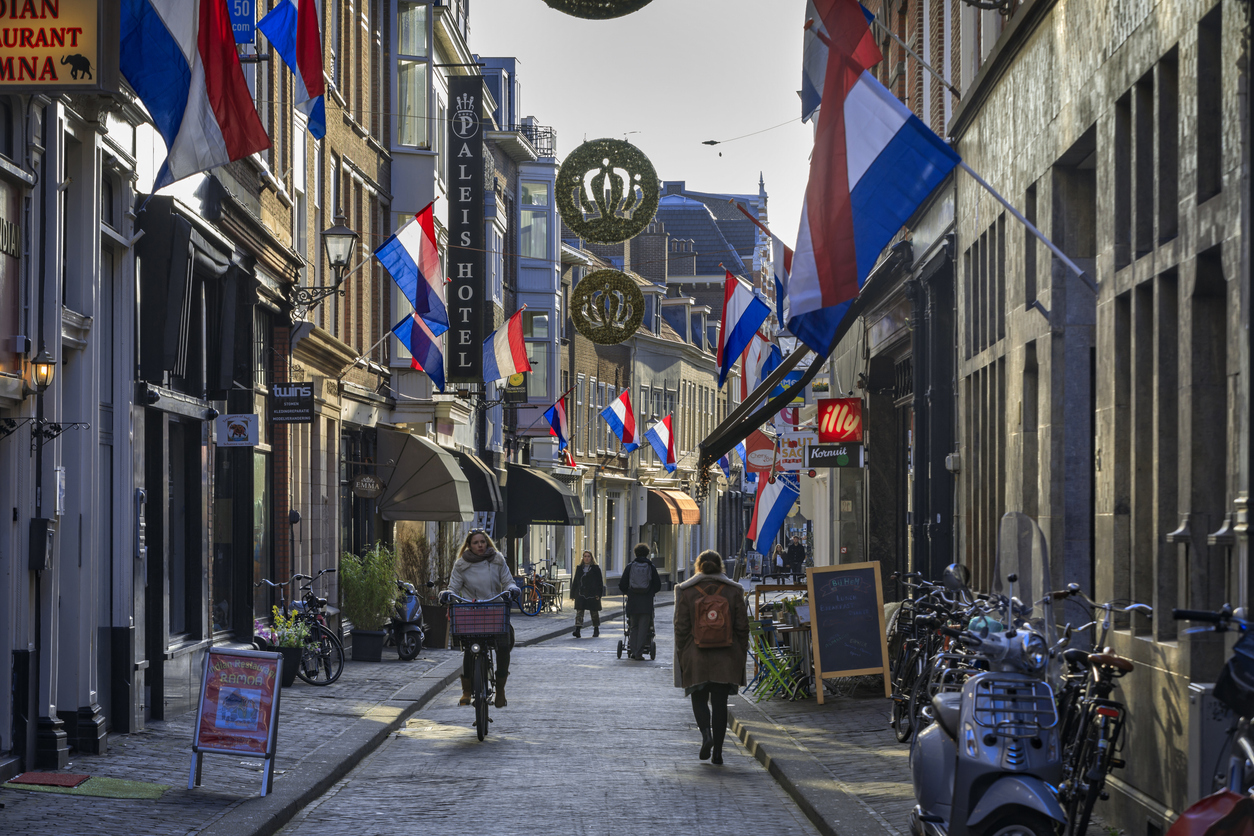
When these conditions are met, the organization must request permission from the municipality where the event will take place. The KSA has detected an increase in the organization of illegal bingos that do not meet the conditions of a small game of chance and where large prizes are offered.
In November 2023, KSA inspectors discovered the location of an illegal event, after which a joint raid was planned with the police and the municipality. On the night of the event there were approximately 200 players present. A separate penalty payment has been imposed on the two organizers.
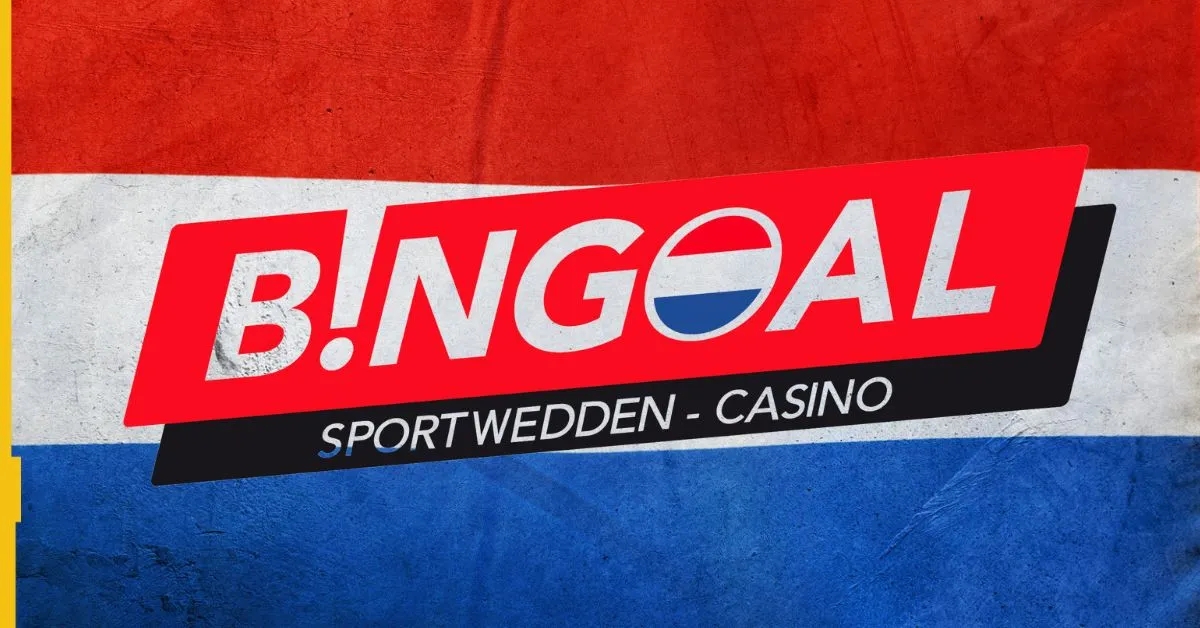
If any of them organize illegal bingo again, the Ksa will impose a fine of €8,000 for each event, with a maximum of €80,000. Furthermore, advertising an illegal event will be punished with a fine of €4,000 for each case, with a maximum of €40,000. The Ksa observes that people are not always aware of the rules related to bingos and lotteries.
For bingos, participation in an illegal one is also punishable, and minors cannot participate at all. Organizers of illegal lotteries and bingos also risk sanctions, such as the penalty payments mentioned above.
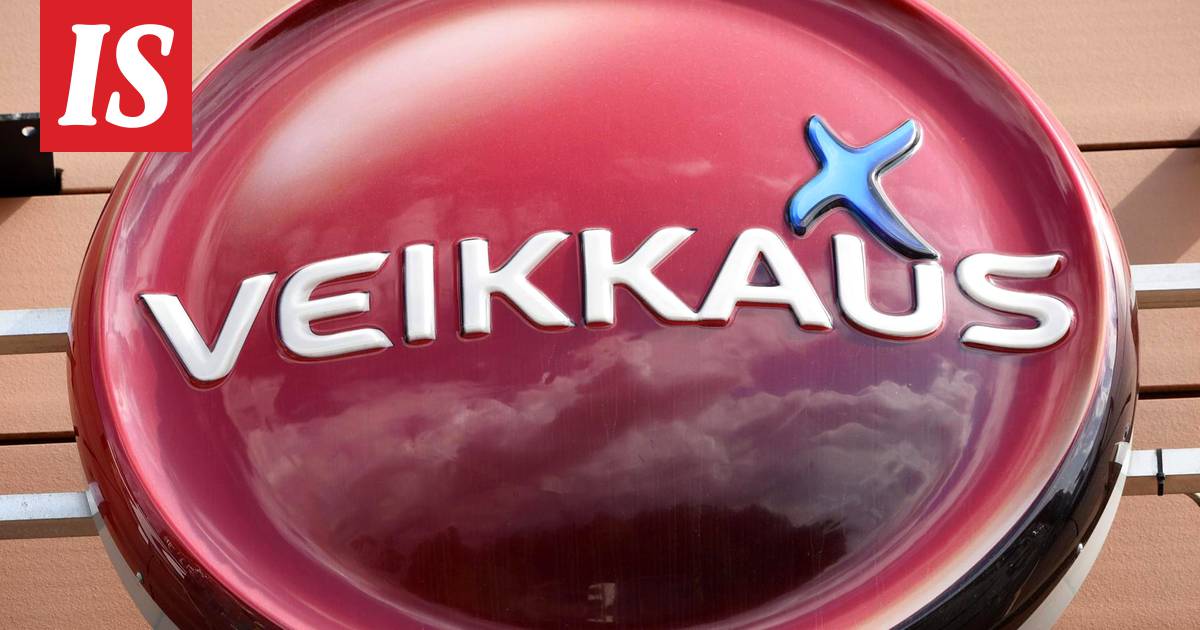
Finland will begin a consultation period to open up the country to private gambling operators, the country’s Ministry of the Interior has announced.
At present, the government-owned Veikkaus Oy has a monopoly on all gambling activity within the country. However, if current plans proceed, that could soon change, with private companies able to apply for licenses to run a variety of gambling operations in the country, including online casino games.
The law change has been prompted by a recent surge in illegal gambling activity through offshore sites which are easily accessible to most Finns. The government hopes that by increasing the amount of legal routes available to gambling, players will be protected from illegal operators. A report in 2023 suggested that Finns spend €500m ($541.7m) a year gambling on foreign-owned sites.
Finland’s government aspire to the creation of a regulated gambling market by 2026.
Marketing restrictions for new licensees
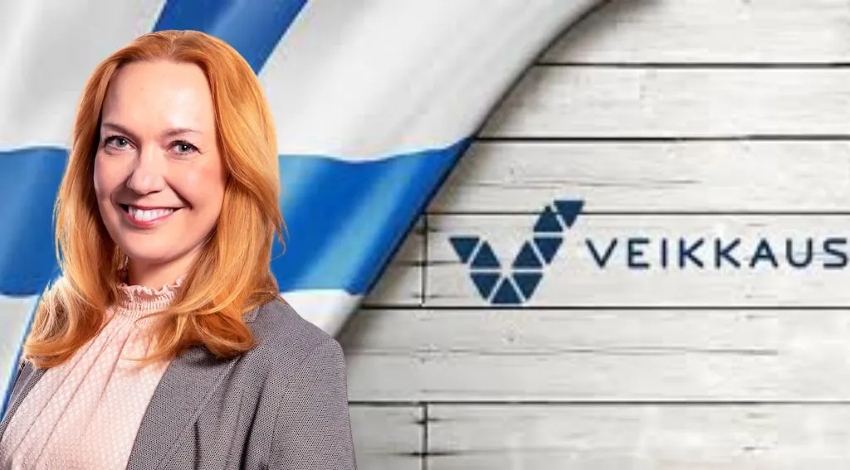
The regulations associated with the new licenses given will require players to provide proof of identification and address, which is already required with the state operator. There are also additional restrictions stipulated, such as a ban on bonuses – something which is already in place in neighboring Sweden. A self-exclusion program will also be a condition of the licensing, as well as signing up to a centralized register of banned accounts, requiring license-holders to co-operate on customer limits.
Heavy restrictions on advertising and marketing are also expected to be a major feature of the plans. While no outright ban on gambling advertising has been proposed, one notable restriction is to prevent influencers from advertising gambling services on their social media channels.
Changes for state-owned operator
There are also changes planned for the future of Veikkaus Oy, with the state given greater control over its future ownership in a restructuring effort. However, at the same time, the bill allows for the state to give up some of its share in the operator at a future date.
Veikkaus Oy will also be banned from advertising any physical gambling
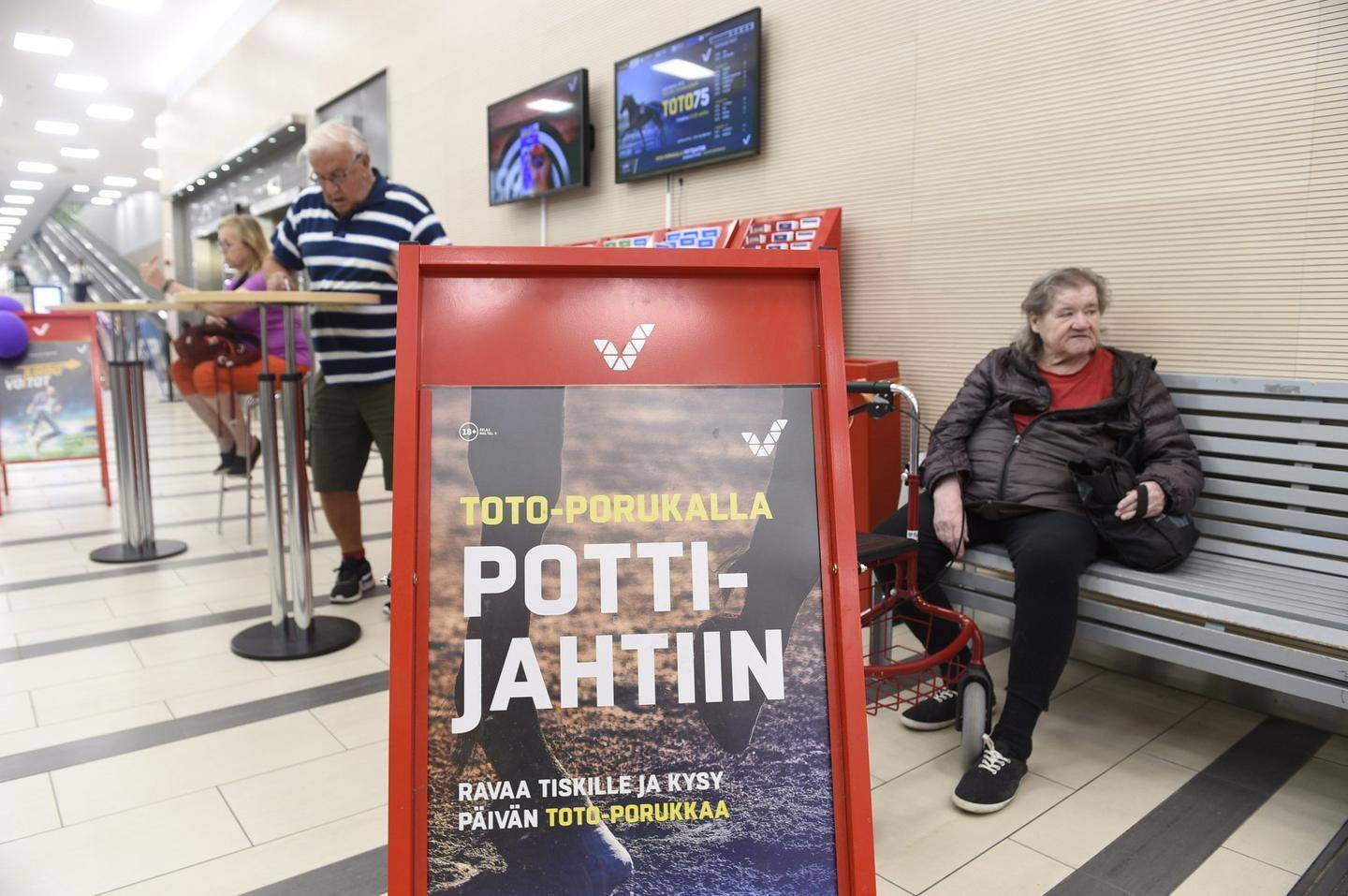
Despite the plans for liberalization of the country’s gambling laws, there will still be some space where Veikkaus Oy will retain an effective monopoly, on both lotteries and physical gambling games such as slot machines and scratchcards. Veikkaus Oy will also be banned from advertising any physical gambling.
The bill will also fundamentally change the nature of regulatory oversight in the country. Currently, the National Police Board is responsible for controlling gambling activity, but the bill proposes a supervisory agency to be run by the Ministry of Finance for managing the regulations. The new board would issue fines and penalties, award and rescind licenses, and decide which specific games are permitted, among other duties.

The consultation is intended to run until August 18, 2024. If all goes to plan, the Ministry of the Interior has advised that the bill is expected to be submitted to parliament early in 2025. Licenses would be open for applications from 2026, with the full market opening up in 2027 for licensed operators, when Veikkaus Oy’s monopoly is set to come to an end.

The latest European Lotteries Annual Report highlights a year that stands as further evidence of the significant impact that lotteries are making as responsible, forward-thinking and innovative entities.
In 2023, the election of a new President and Executive Committee brought with it a new strategy and advancements in the field of responsible gaming, sustainability and innovation, all reflecting EL’s members commitments to create a positive social impact for the benefit of society.
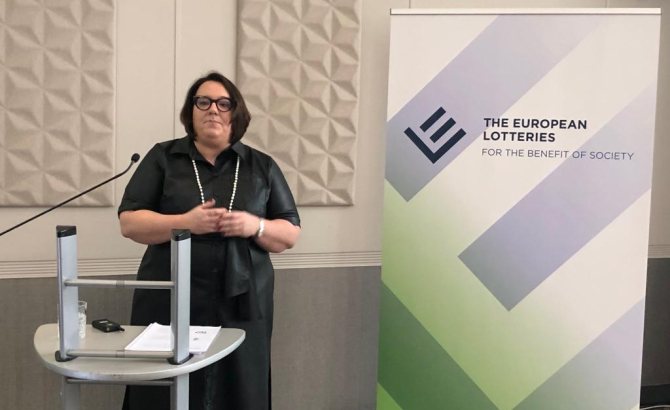
UNVEILING EL’S NEW STRATEGY - With the new Executive Committee came a refreshed EL Strategic Outline for the period 2023-2025. The strategy focuses on three key areas, essential for achievement the strategic goals: positive social impact, effective communications and responsible innovation facilitation. In 2023 EL started to showcase the first evidence on how its members are increasingly shaping the European games of chance landscape towards responsibility, sustainability and inclusion.
Simultaneously in 2023, EL and its members remained a community of accomplished market players, as evidenced by the achievements and success stories in 2023. Over 2023, EL’s members contributed 22,2 billion euros back to society.
FORWARD THINKING - With its new strategy and continued dedication to responsible gaming, sustainability, and innovation, EL is well-positioned to lead the lottery sector towards a responsible and sustainable future. The Association continued to grow in 2023, as a vibrant community with its own unique culture and a profound mission: for the benefit of society.
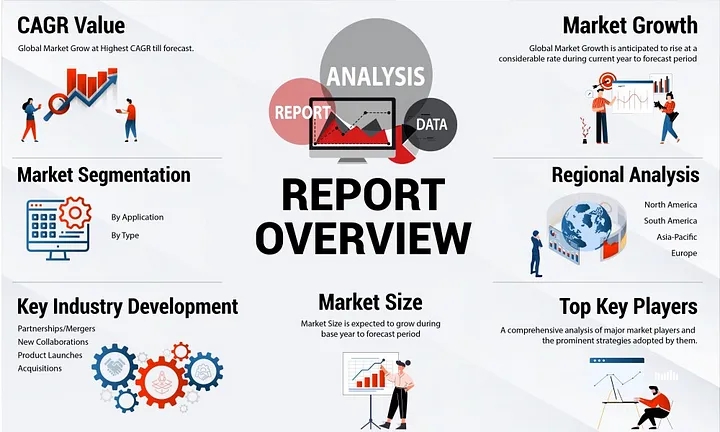
The work continues into 2024 to further show the importance of the sustainable lottery model. EL will continue to work on the visibility of its members’ positive impact as well as to protect the players with the highest standards towards responsible gaming. EL will as well continue to fight illegal gambling activities.




